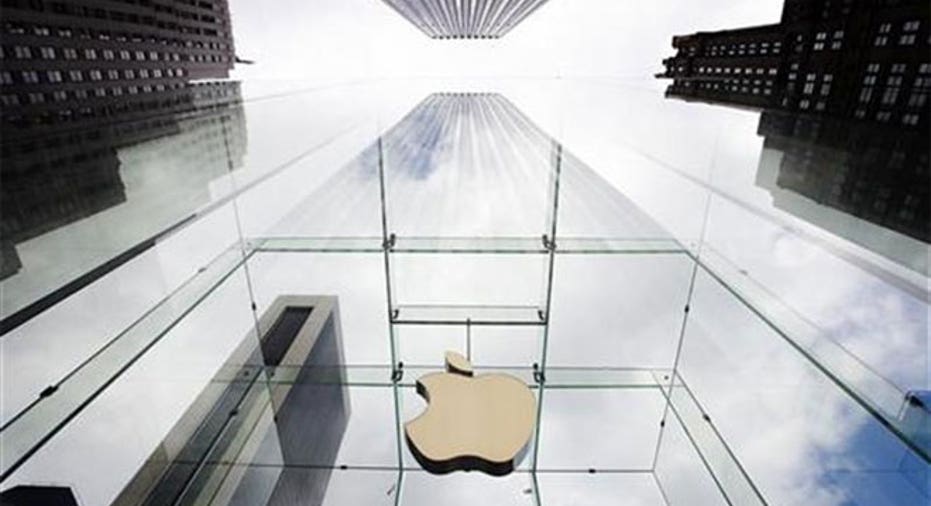FBI Chief: Apple Case Not 'Trailblazer' for Precedent

The case involving a court order demanding Apple help the FBI unlock the iPhone linked to one of the San Bernardino shooters is "unlikely to be a trailblazer" for setting a precedent for other cases, FBI Director James Comey told a congressional panel Thursday.
The complex and evolving nature of mobile phone software will limit how broadly the case can be applied, Comey said during a U.S. House of Representatives Intelligence Committee hearing examining worldwide threats.
While the case "will be instructive for other courts," larger policy questions about reasonable law enforcement access to encrypted data will likely need to be resolved by Congress and others, Comey said.
The Federal Bureau of Investigation is seeking Apple's help in accessing a county-owned iPhone 5C used by Syed Rizwan Farook, who along with his wife went on a shooting rampage in December that killed 14 and wounded 22. Last week, it obtained a court order from a California magistrate asking Apple to comply.
Apple has said the request amounts to asking a company to hack its own device and would set a troubling precedent for how companies must comply with law enforcement.
Rep. Adam Schiff, the top Democrat on the congressional panel, also warned that "I don't see a limiting principle" in the Apple case.
"While the result may only affect this phone, the precedent may be there for many others," Schiff, who represents California, said.
Apple CEO Tim Cook told ABC News on Wednesday the company is willing to take the case to the U.S. Supreme Court if necessary.
U.S. intelligence officials have long warned that the expanded prevalence of strong encryption poses a "Going Dark" problem where they are unable to monitor the communications of criminal suspects and thwart potential plots.
But technologists and privacy advocates warn that undermining encryption would expose data to hackers and jeopardize the integrity of the Internet.
The U.S. Justice Department contends it is asking only for Apple to disable "non-encrypted barriers" on the San Bernardino phone, such as a feature that deletes data after ten consecutive incorrect passcode guesses.
While both Apple and the FBI have said they would like Congress to help resolve the dispute over encryption, legislative proposals have failed to gain momentum.
The encryption debate "is the hardest question I’ve seen in government," Comey said.
(Reporting by Dustin Volz; Editing by Chizu Nomiyama and Nick Zieminski)



















